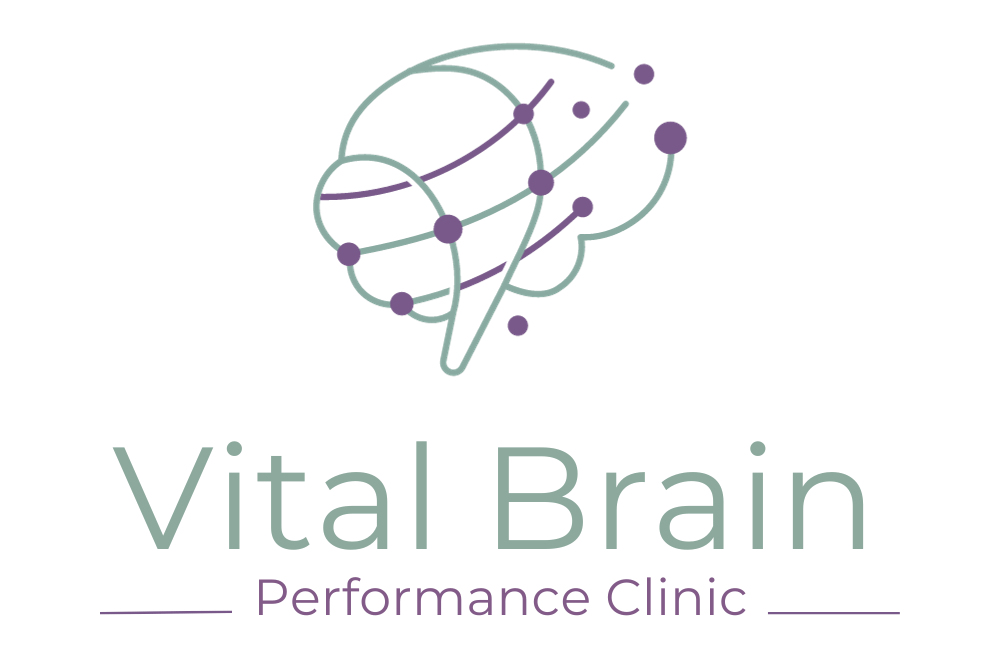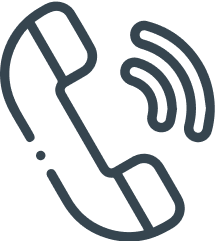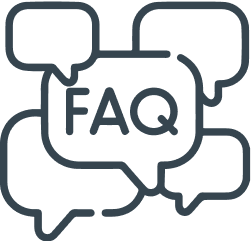Anxiety, that unwelcome visitor that disrupts our calm and well-being, affects millions worldwide. While traditional therapies offer valuable support, there’s a growing interest in exploring the gut-brain connection and its potential to alleviate anxiety through targeted nutrition.
Exploring the Link Between Diet, Gut Health, and Anxiety Symptoms
Our gut, often called the “second brain,” plays a crucial role in overall health and well-being. It houses trillions of microorganisms, collectively known as the gut microbiome, which influence both our physical and mental health. Recent research suggests a fascinating link between the gut microbiome, diet, and anxiety. Here’s how:

- The Gut-Brain Axis: The gut and brain are intricately connected through a network of nerves and hormones, known as the gut-brain axis. When the gut microbiome is imbalanced, it can send signals to the brain, potentially influencing mood and anxiety levels.
- Nutrient Deficiencies: Studies suggest deficiencies in certain vitamins and minerals, such as B vitamins, magnesium, and zinc, might be linked to increased anxiety symptoms. These nutrients play vital roles in regulating neurotransmitters, the brain chemicals that impact mood and stress response.
- Inflammation: Chronic inflammation, often triggered by an unhealthy diet, can negatively impact both gut health and brain function, potentially contributing to anxiety.
How Nutrition Counseling Can Help by Optimizing Gut Health and Nutrient Intake
Understanding the gut-brain connection opens doors to new possibilities. Here’s how a registered dietitian (RD) can help:
- Personalized Diet Assessment: An RD can assess your individual dietary habits and identify potential areas for improvement that can support gut health and reduce inflammation.
- Creating a Gut-Friendly Diet: An RD can guide you towards incorporating prebiotics (foods rich in fiber that nourish the good bacteria in your gut) and probiotics (supplements or fermented foods containing live bacteria) into your diet to promote a healthy gut microbiome.
- Addressing Nutrient Deficiencies: Based on your individual needs, an RD can recommend dietary changes or supplements to address any nutrient deficiencies that might be contributing to your anxiety.
- Tailored Meal Planning: An RD can assist in creating a personalized meal plan rich in anxiety-reducing nutrients like B vitamins, magnesium, and zinc while also ensuring your overall dietary needs are met.
It’s important to remember that nutrition counseling is not a replacement for traditional anxiety treatments but rather a complementary approach. Working collaboratively with your mental health professional and an RD can offer a comprehensive and personalized approach to managing anxiety.
While the gut-brain connection and its role in anxiety are still being explored, the potential for nutrition therapy offers a promising avenue for managing anxiety symptoms. By understanding the link between your diet and gut health, and with the guidance of an RD, you can empower yourself to take control of your well-being and build a foundation for a calmer, more balanced life. Schedule an appointment with Vital Brain Performance Clinic today to connect with our team of experienced registered dietitians and explore how personalized nutrition counseling can support your journey towards managing anxiety.




